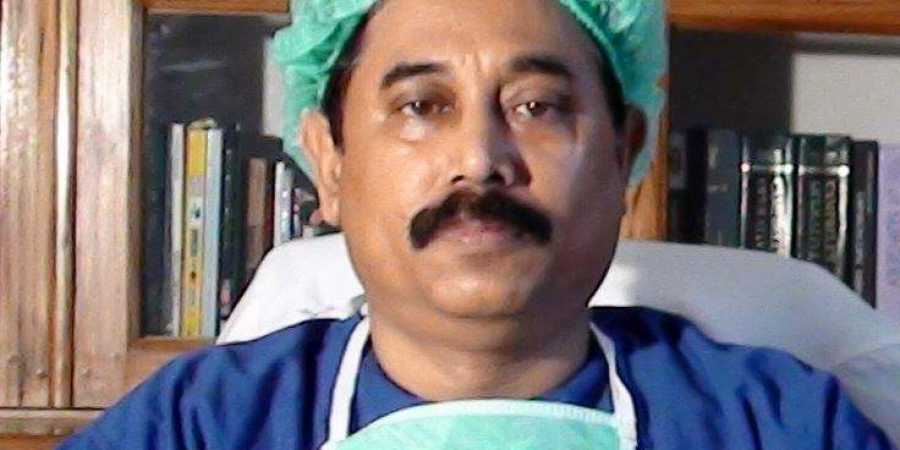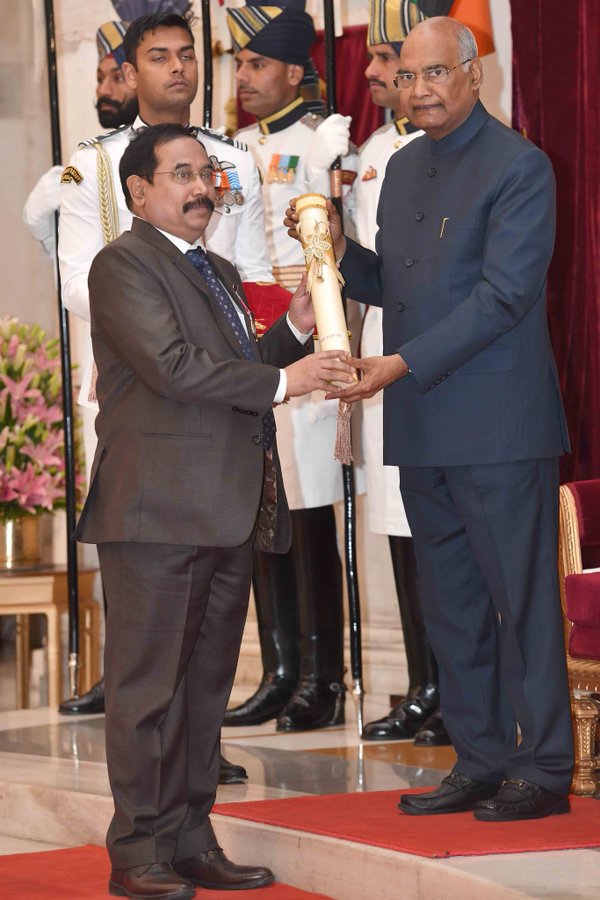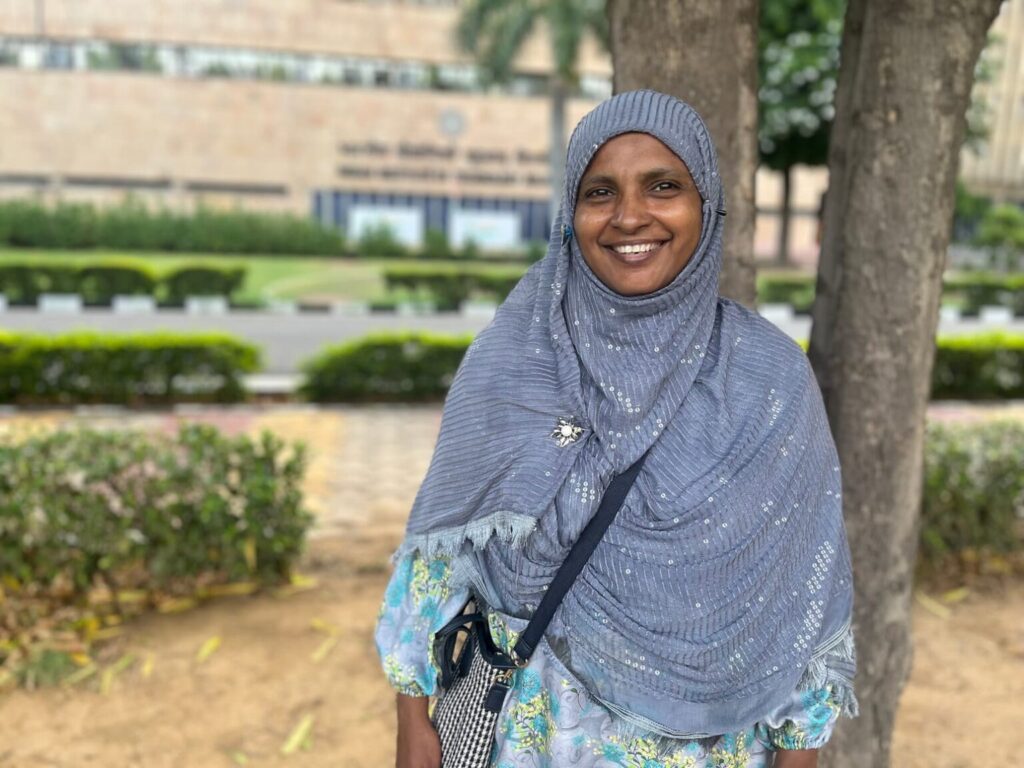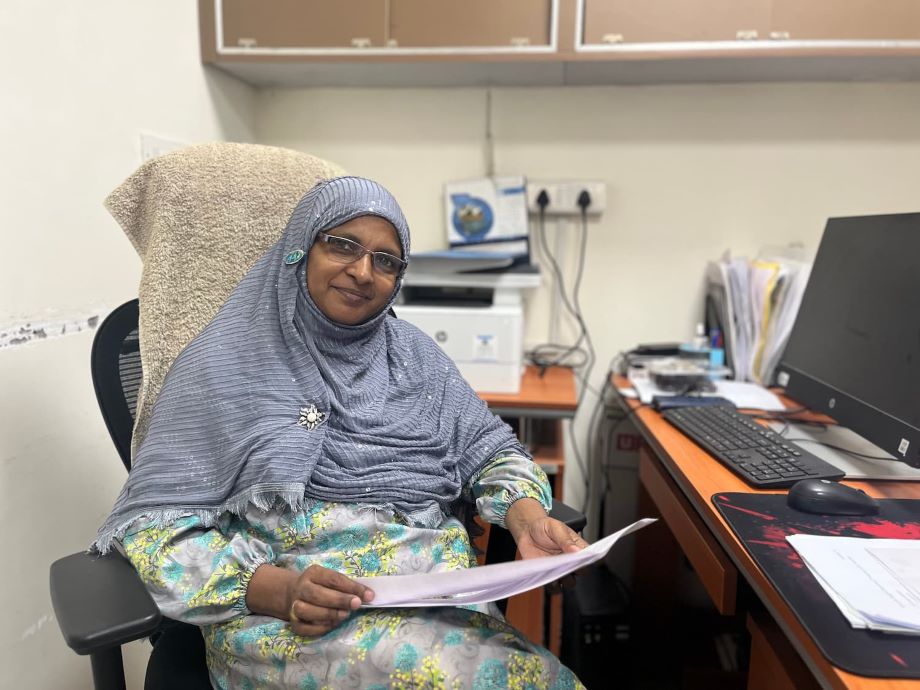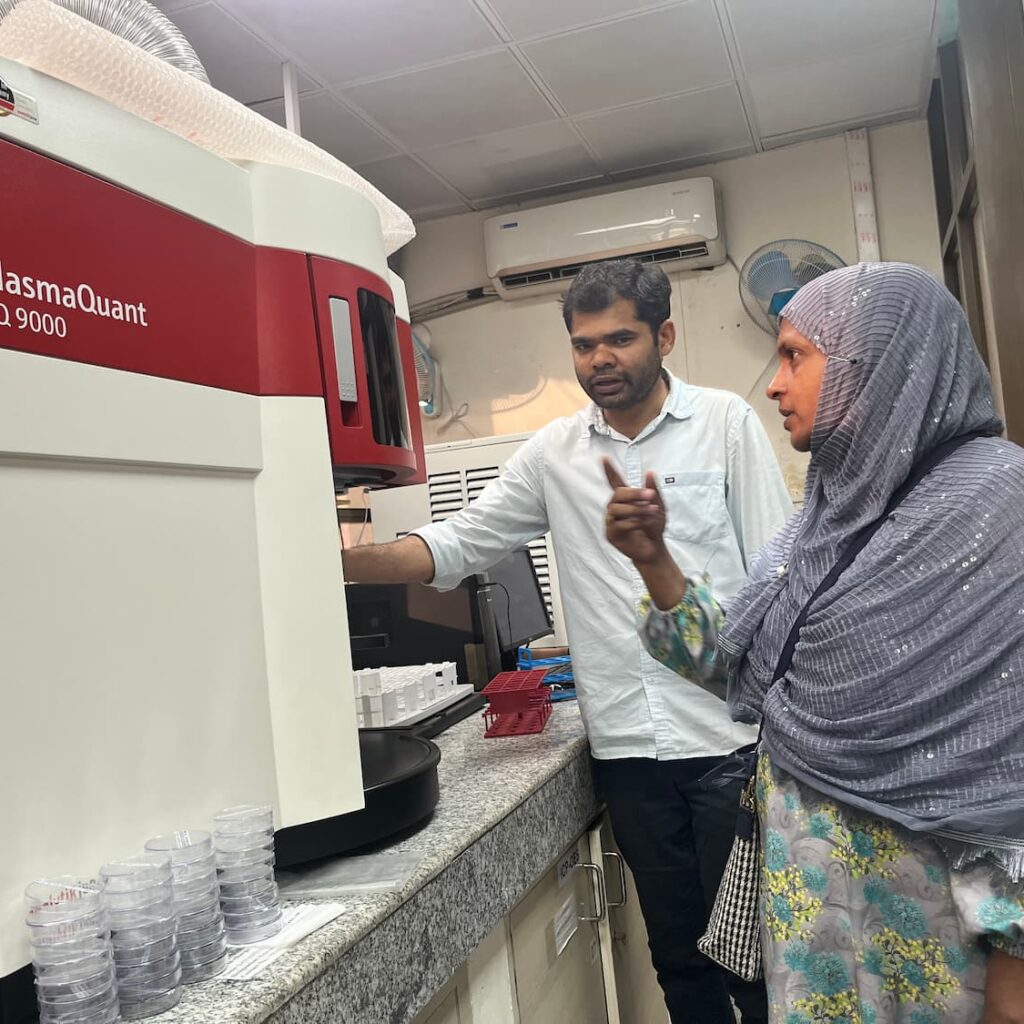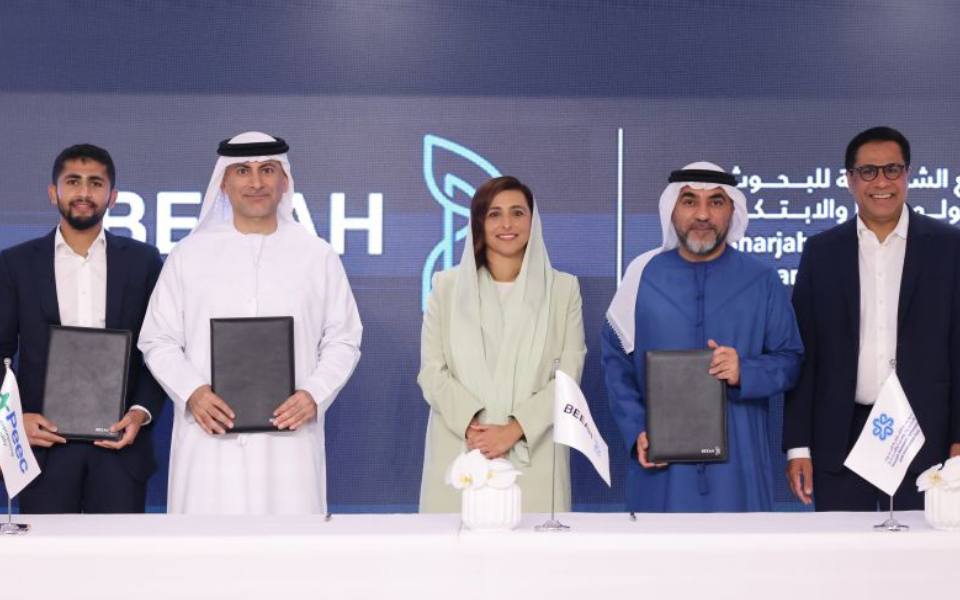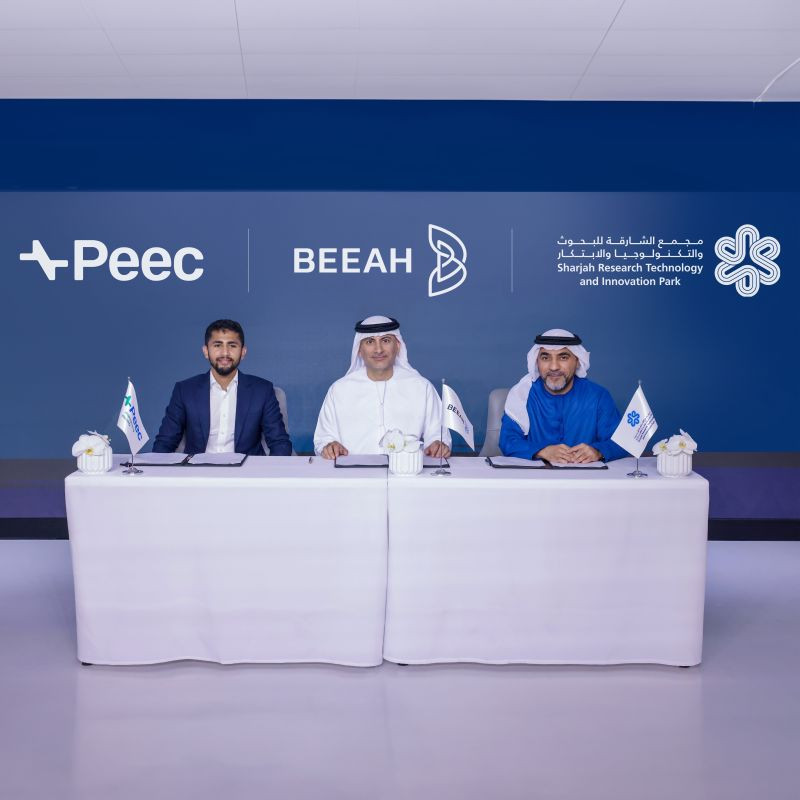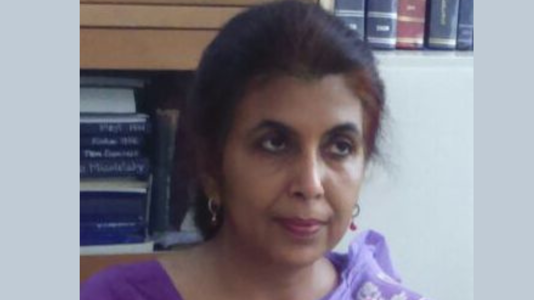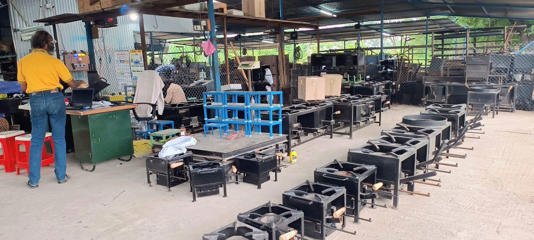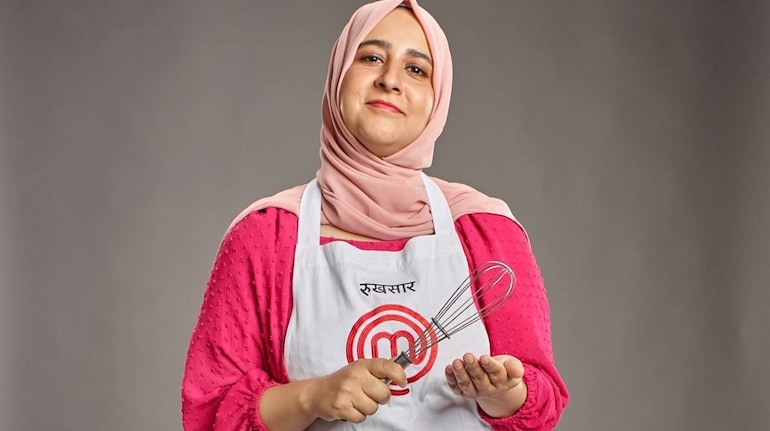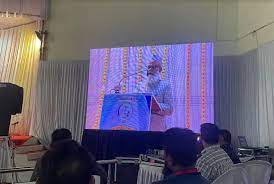Kalpakancheri (Malappuram District), KERALA / Dubai, U.A.E:
Indian recalls journey from being a fundraiser to rebuild a mosque to emerging a tycoon.
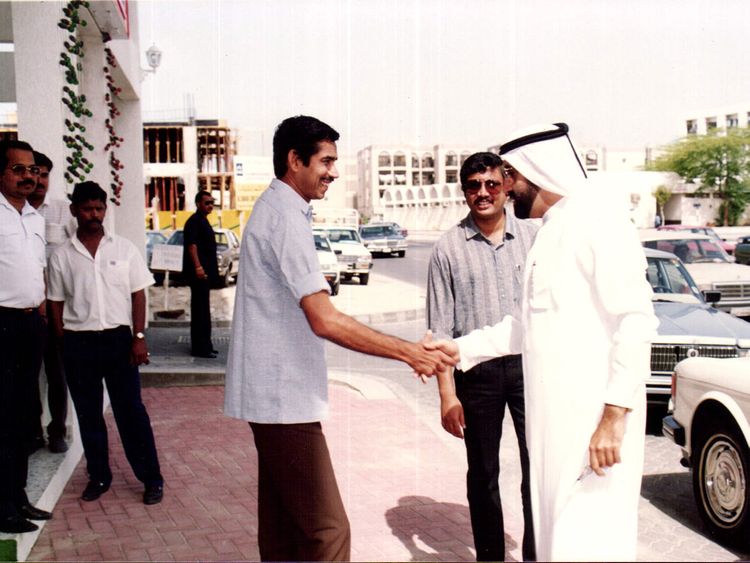
HIGHLIGHTS
- Dr Azad Moopen came to the UAE in February 1987 to raise money for the renovation of a mosque in his hometown, Kalpakancheri in Malappuram district, Kerala.
- Dr Moopen leased a two-bedroom apartment in Bur Dubai to start a clinic
- In 2008, Dr Moopen invited a private equity firm to invest in the company and they valued Aster DM Healthcare at $100 million.
- In 2010 and 2011, Dr Moopen was awarded the Pravasi Bharatiya Samman and Padma Shri, respectively, by the Government of India.
- Aster DM is listed at NSE and BSE
Dubai:
Azad Moopen came to Dubai 34 years ago to raise money for the renovation of a mosque in his hometown, Kalpakancheri, in the Malappuram district, Kerala. He needed Rs1 million then, or Dh250,000 as per the currency exchange rate in 1987. The plan was just to collect the funds and return home. He had no intention to settle in the UAE.
Destiny, however, had other plans for Moopen – a gold medallist in general medicine and a lecturer at the Calicut Medical College at the time. Looking back, Moopen said it was this noble intention that perhaps set the background for something big to happen in his life.
Fast forward to today, he is now a household name in the UAE. Just about everybody in the region knows him well as the multi-billion dollar businessman and developer of health-care facilities in the UAE and Asia-Pacific region. He is the chairman and managing director of Aster DM Healthcare, a conglomerate in the Middle East and India that Moopen founded in December 1987, just ten months after arriving in the UAE to raise funds for a mosque.
According to a report published in September 2018, he owned and managed 21 hospitals, 113 clinics and 216 pharmacies. The health-care company serves 50,000 patients a day in nine countries. In 2018, Aster treated 17 million patients across all its facilities. Of this these, 15 million patients were from the Gulf Cooperation Council (GCC) countries, while two million were from India.
In 2017, Forbes ranked him sixth on the ‘Top 100 Indian Leaders in UAE’ list and his total wealth was estimated at approximately $5.9 billion (Dh21.7 billion).
How it all started
“When I finished collecting money for the mosque reconstruction, my job was over in the UAE. It was time to return home, but when I went home, I was not happy. There was something pulling me back to this country as there was magic here,” said Moopen. “In June (1987), I came back on a visit to the UAE. I stayed with a friend in Ajman who was a doctor as well. There were plenty of opportunities for a doctor like me and I was raring to tap into some of them.”
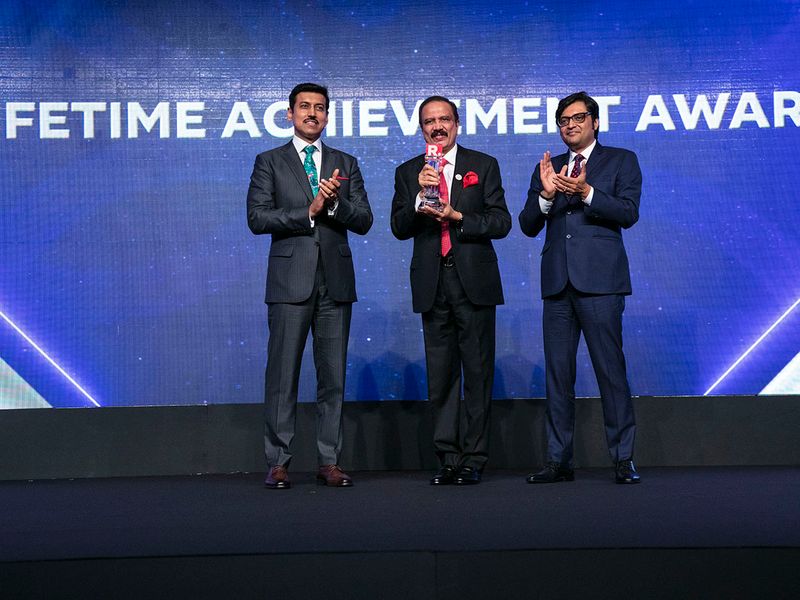
Moopen’s friend was setting up a clinic in Ajman and he invited him to join there as a physician. Back in the day, there were no post-graduate doctors practising in Ajman and Moopen, who was a Bachelor of Medicine and Surgery (MBBS) and a Doctor of Medicine, with a a Diploma in treating Tuberculosis and Chest Diseases (DTCD), was already highly qualified. In fact, his varied degrees made him quite a sought-after doctor in Ajman.
“But my friend bowled me a googlie, as we say in cricketing terms! He turned around one day and told me to start a clinic in Dubai. To be honest, I thought he did not like me and that’s why he was pushing me away to Dubai. But I took his advice and today, I believe he is my guardian angel. That moment, when I heeded his advise and came to Dubai, it was the turning point in my life. I know now he was a friend, he was a God-sent and he is ‘the person’ in my life.”
No matter how successful you become in life, you never forget the people who helped you along the way. And this, to me, has been the biggest reason for my success.
– Azad Moopen
In December 1987, Moopen leased a two-bedroom apartment in Bur Dubai close to the Port Rashid area. “Port Rashid was one of the main areas in Dubai where there were many ongoing activities. A lot of people worked here and I wanted to serve them.”
He said the consultation charges were between Dh10 and 15. Some people got reimbursement from their companies while others paid the bills from their pocket.
“The challenge, however, was collecting money from some blue collared workers who could not afford to pay even this amount. So every Tuesday we started offering free consultations for half a day. We also kept sample medicines which we gave to these workers.”
Within a year, the clinic started receiving 100 patients a day. There were just two doctors – Moopen and a gynaecologist.
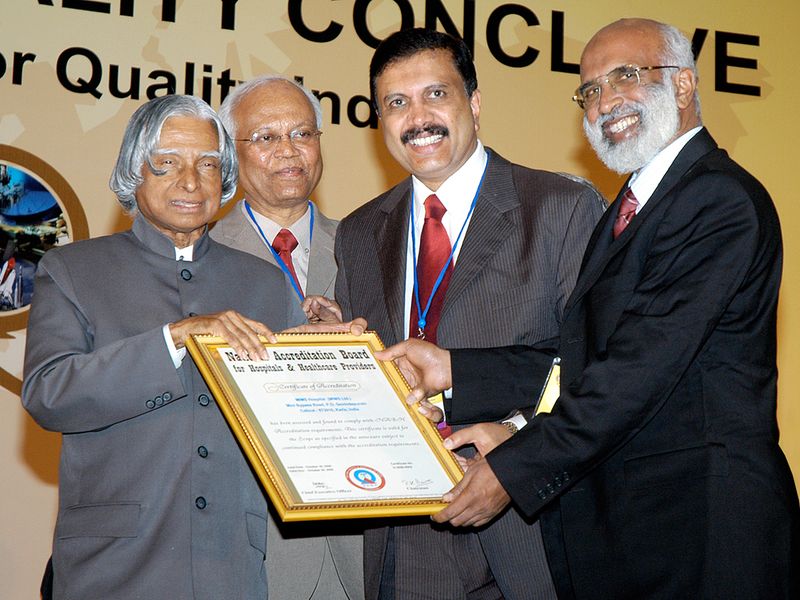
“I myself worked from 8 in the morning until mid-night. But it was becoming very congested and we needed to move to a bigger place,” he said. “I found a three-bedroom apartment in Al Rafa and we moved there. We hired two more doctors – both paediatricians. We were able to see more patients as a result.”
By that time in 1988, Moopen was getting a hang of running a health-care facility. “One of the things we discovered early on was that people came to us for consultation, but were picking up medicines from another pharmacy. So, we thought why not make this in-house? And that is how Al Rafa Pharmacy was born.”
Moopen said that in 2008, he had his real brush with success. “Until then, I was just doing my job of opening clinics, hospitals and pharmacies. I was not really counting or sitting down to see and evaluate the success of my business. In 2008, as part of our expansion plans, we invited a private equity firm to invest with us. They valued our company at $100 million and that reality hit me. We had grown and how! It was an emotional moment for me, reading the valuation report and made me think of how hard the company staff and me had worked to bring it that far,” he said.
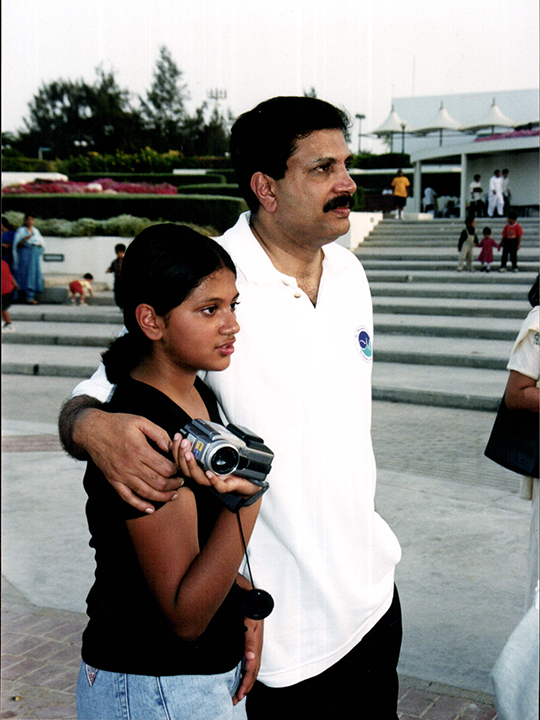
In 2012, a second private equity firm came on board and they valued Aster DM Healthcare at $400 million. “This means we had grown four times in four years. It was massive.”
Today, Aster DM is listed at the National Stock Exchange of India (NSE) and the company’s total revenue in 2019 was fixed at a massive $1.4 billion.
Reason behind this phenomenal success
“Without batting an eyelid I will say that it is my staff, my people, my doctors who have made this company successful. I am blessed and lucky to have these people working for me for decades. Our doctor turnover at the consultant level is as low as five per cent. This means our doctors practically never leave us. And, because of this, our patients never leave us.
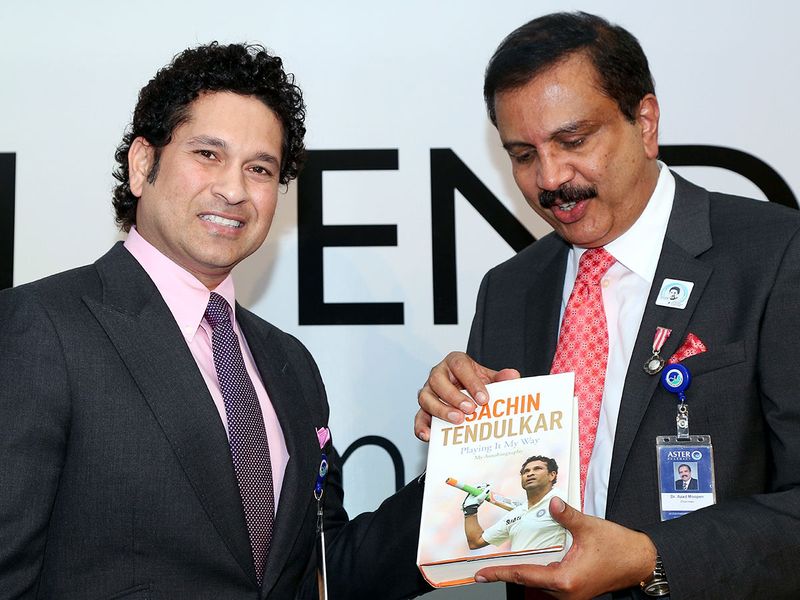
“No matter how successful you become in life, you never forget the people who helped you along the way. And this, to me, has been the biggest reason for my success. To give you an example, the other day, one of my CEOs brought me a staff member’s performance report. He wanted me to fire him as he was not performing well. When I saw the report I realised he was an old friend’s son. This friend, I remember, had loaned me Dh500 when I had come to the UAE for the first time.”
“As the memories flooded me, I simply refused to sign the sack letter. Instead, I called this young boy and his father and told them about the report. From my part, I have given this boy a second chance. I pray he will make use of the opportunity given to him.”
Challenges
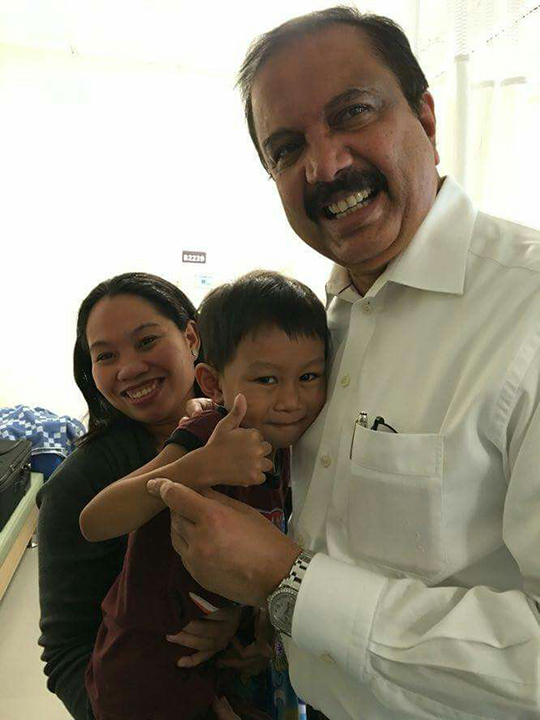
“There are always challenges in business. If you want your career graph to have a smooth ride, then you must not pick business as your profession. Success in business lies in finding your challenges and meeting them head-on,” said Moopen.
“For example, the UAE’s mandatory insurance has proved to be beneficial for the consumer, but for health-care providers like us, it is a challenge. People would come to us because of our credibility. Now, it has to do with the kind of insurance coverage they have.”
Philanthropy the way to life
Moopen has pledged to give 20 per cent of his wealth to charity. An off-shoot of this has been the ‘Aster Volunteers’ programme to help patients with free consultations, treatment and surgeries. More than 900,000 lives have been touched by the programme.
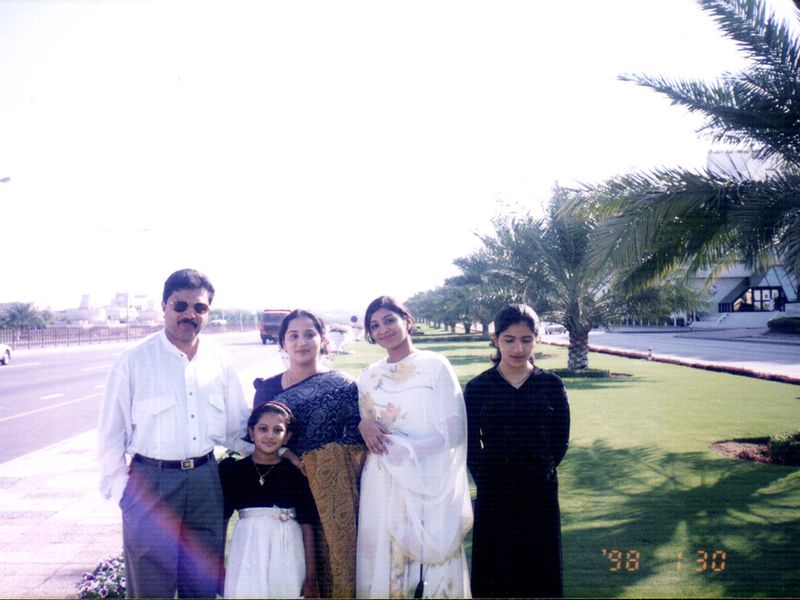
In 2010 and 2011, Moopen was awarded the Pravasi Bharatiya Samman and Padma Shri, respectively, by the Government of India.
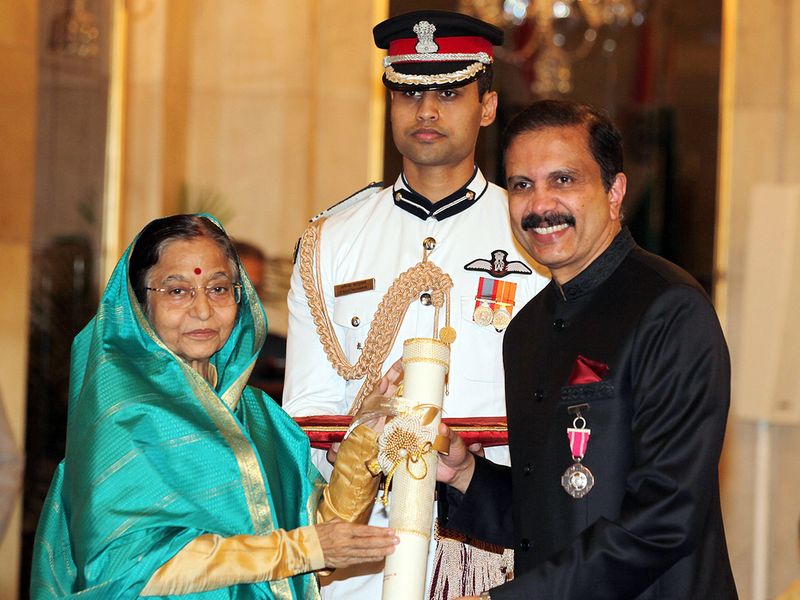
“By God’s grace, I have everything in life. Name, fame, wealth, a great family. It is my duty and responsibility now to help others. When I started out, I was in the right place at the right time with the right people. I want others to be in my shoes. I am nearing retirement and my only dream now is to hand over my business to my team of professionals who, I believe, will do a better job than me.”
source: http://www.gulfnews.com / Gulf News / Home> UAE Success Stories> exclusive / by Anjana Kumar, Senior Reporter / January 15th, 2019
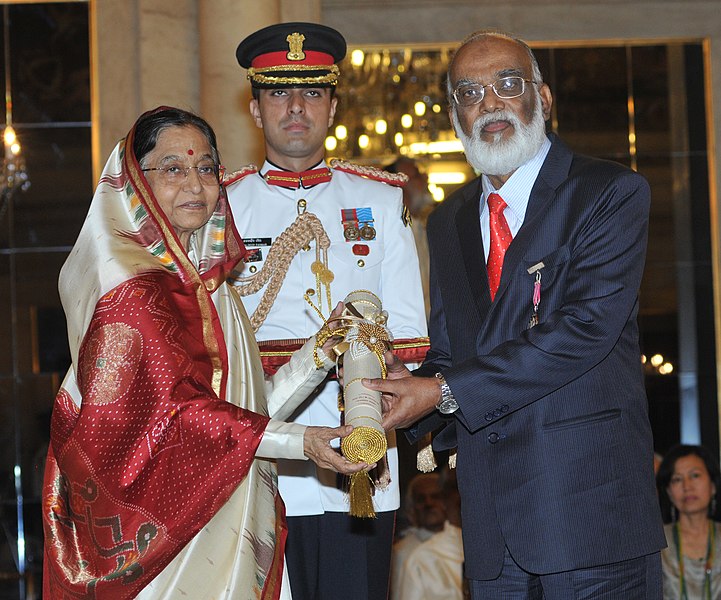
)
